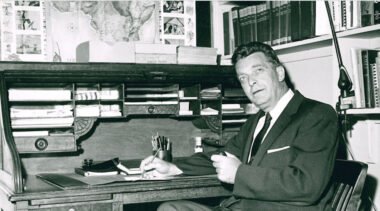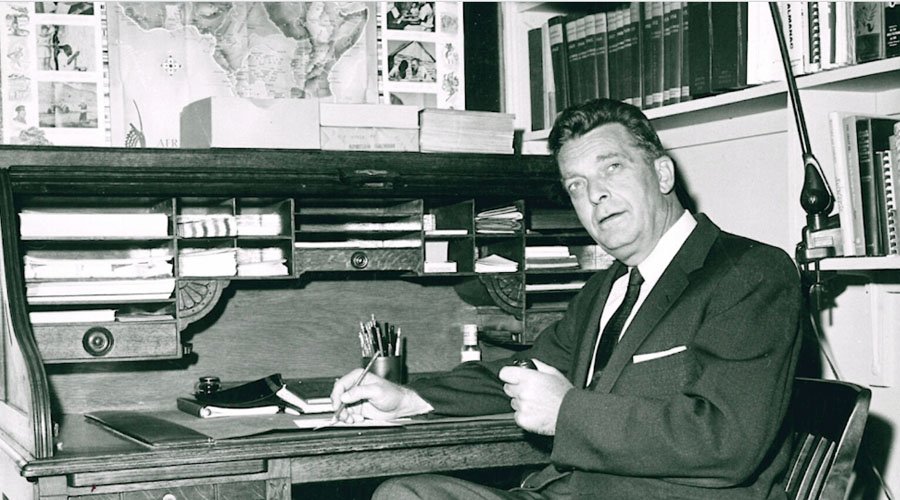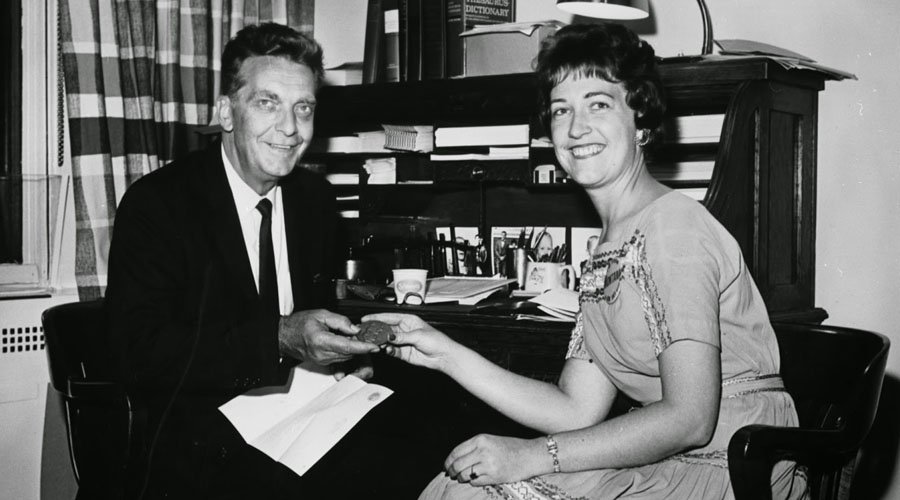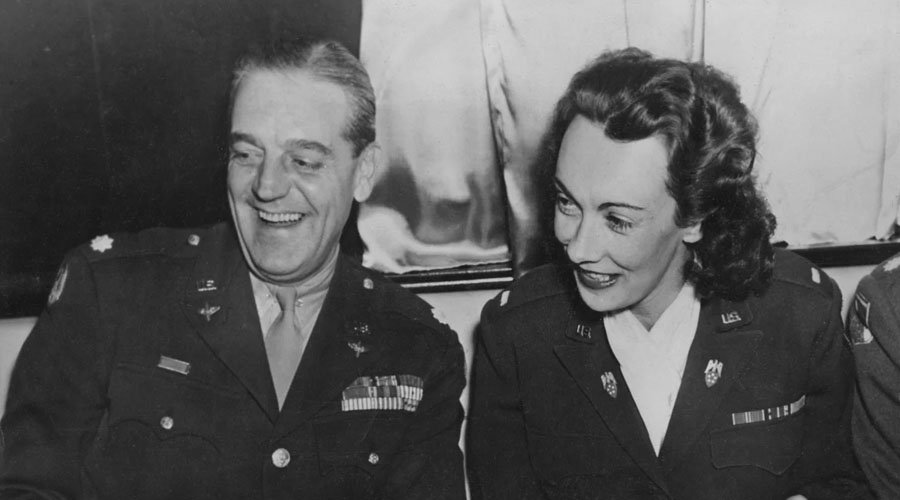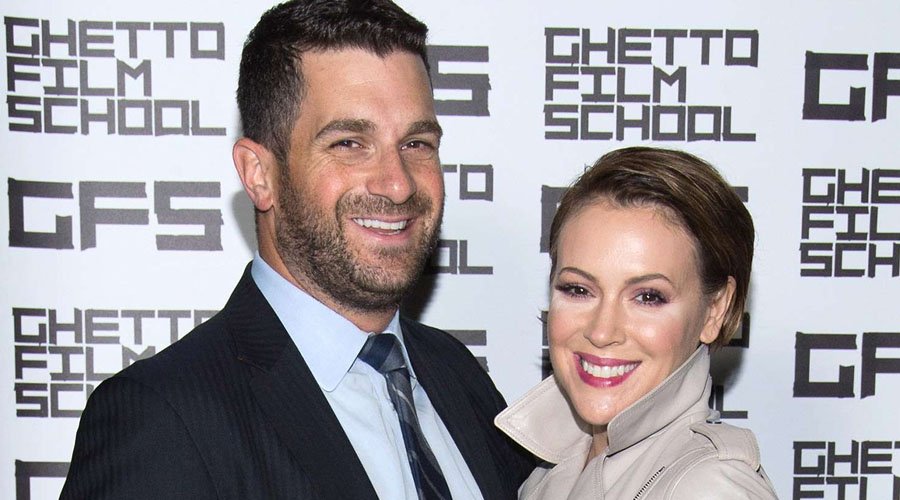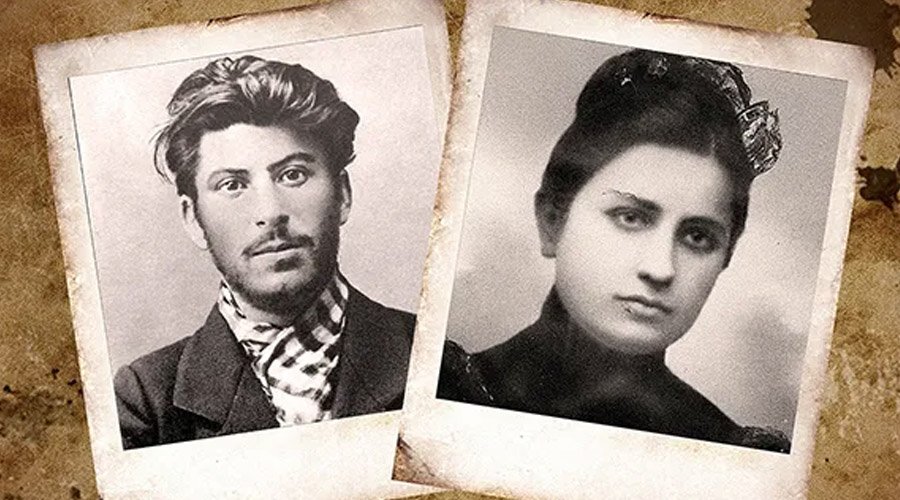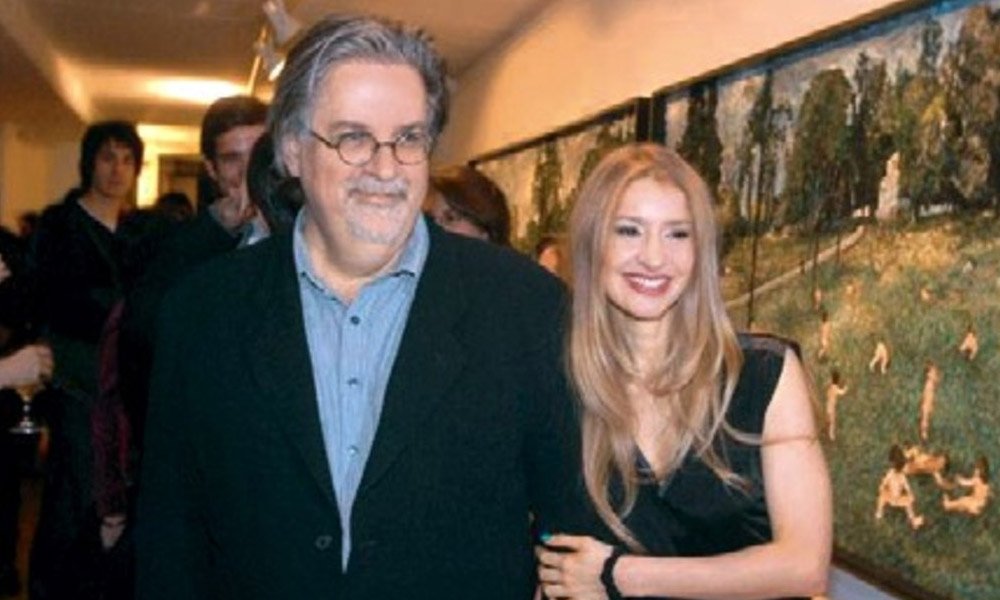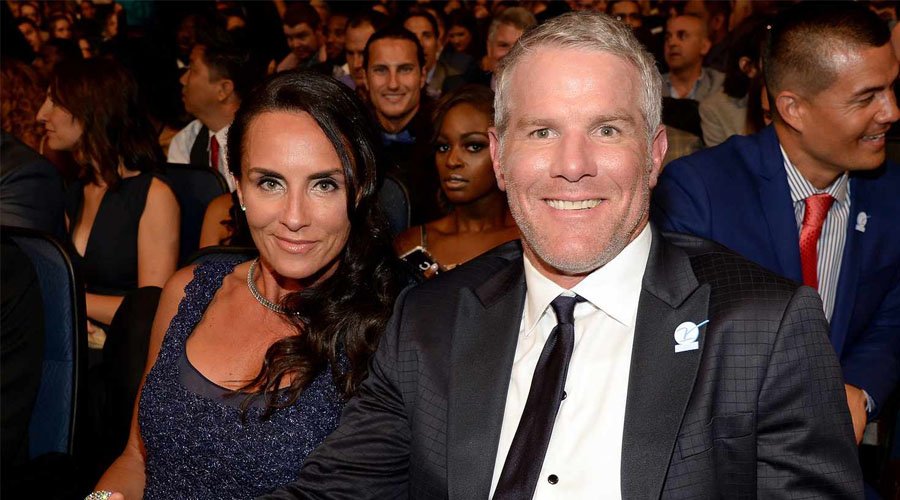One of the most important 20th-century television newsreaders was Chet Huntley. Huntley, co-anchor of NBC’s main nightly news show, The Huntley–Brinkley Report, revolutionised television journalism with his professionalism. Over several decades, he made substantial contributions to news broadcasts that still affect journalists today.
Early life and career
Born in Cardwell, Montana, on December 10, 1911, Chester Robert Huntley. Huntley’s calm, grounded air personality came from his rustic upbringing on a Rocky Mountain foothills ranch. His education at Montana State University and the University of Washington led him to radio and television journalism.
Huntley started his career in radio, working for numerous U.S. stations. After learning at KIRO in Seattle, he joined CBS Radio in Los Angeles. He became famous nationally through NBC. Huntley and Brinkley co-anchored The Huntley–Brinkley Report in 1956, ushering in a new era in broadcast journalism.
Huntley–Brinkley Report
Chet Huntley co-anchored The Huntley–Brinkley Report from 1956 until 1970, making him famous. The show changed American news consumption by combining calm, authoritative reporting with information. This nightly newscast was the gold standard in broadcast journalism, with high ratings and praise.
The Huntley–Brinkley Report was an unusual news program since Huntley anchored from New York and Brinkley from Washington, D.C. While working in different places, the two established a connection on TV, making them one of television’s most famous news duos.
Huntley’s speech and connection with Brinkley made the show successful. His straightforward, calm, and controlled manner soothed viewers, especially in emergencies. His coverage of the Cuban Missile Crisis and Apollo moon landing made him one of America’s most trusted media voices.
Retirement and Later Years
After The Huntley–Brinkley Report ended in 1970, Chet Huntley left evening news. After 14 years as anchor, he left when the show became NBC Nightly News. Huntley continued to work with the media after this career turning moment.
After retiring, Huntley became an American Airlines spokesman and then pursued a personal project. He founded the Big Sky Resort in Bozeman, Montana, a Vail and Aspen-style leisure complex. Huntley wanted to showcase Montana’s wilderness via Big Sky.
Despite his success, Huntley’s health declined. At 62, he died of lung cancer at home in Big Sky on March 20, 1974. His death was marked by national tributes to his effect on journalism and the American people.
Private Life and Legacy
Chet Huntley had a secluded existence compared to other popular celebrities. Ingrid Eleanor Rolin, with whom he had two kids, and Lewis Tipton “Tippy” Stringer were his wives. Huntley kept his family and personal life discreet despite his fame.
Huntley’s legacy endures. He was posthumously inducted into the Television Hall of Fame in 1988 for changing television news. He is recognised for his ethics and professionalism as well as his technical achievements in journalism. Huntley pioneered television news and won millions of viewers’ confidence.
Conclusion
Chet Huntley’s career epitomises television journalism. From his radio roots to his famed relationship with David Brinkley, Huntley transformed news anchoring. His calm, controlled presence on TV provided viewers confidence during turbulent times, and his legacy influences broadcasters today. Huntley’s influence on media and tourism continues as a pioneering news anchor and Big Sky Resort creator.






